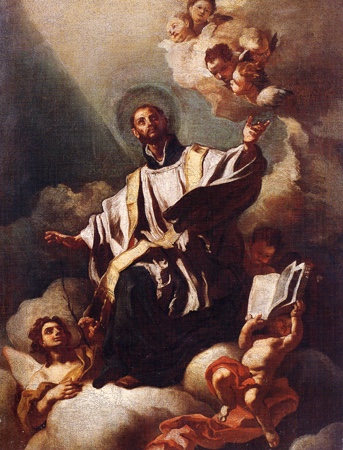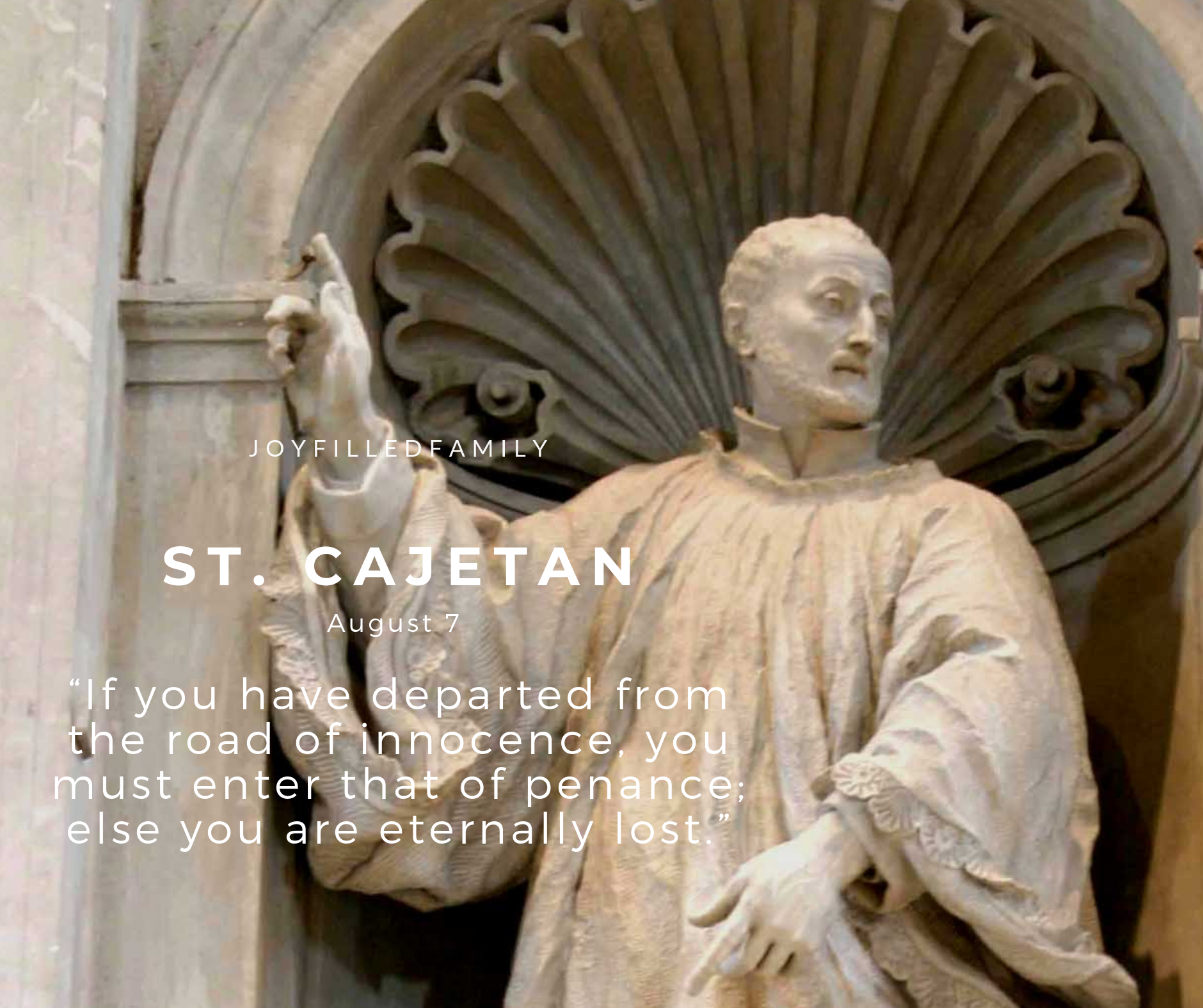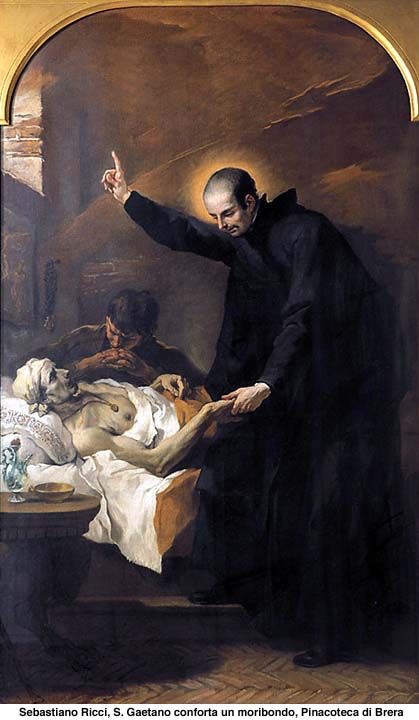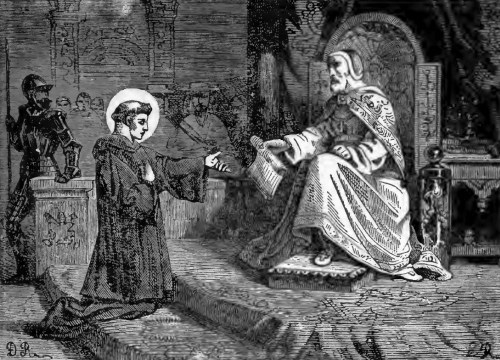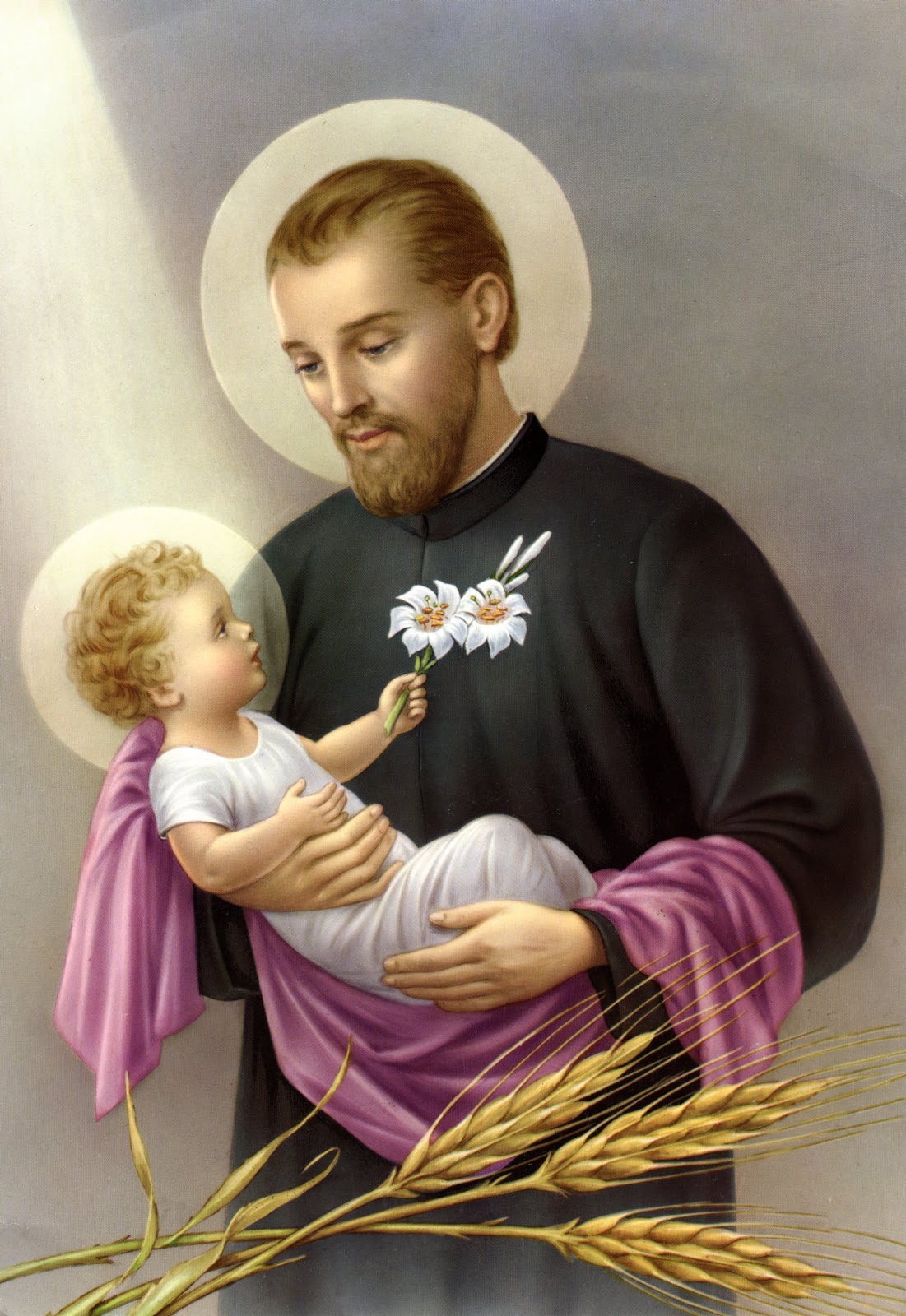While St. Michael’s Lent is not an official tradition of the Church, it was one of the many periods of fasting and prayer observed by St. Francis throughout the year. This second ‘Lent’ begins on the Feast of the Assumption and concludes on the Feast of St. Michael.
During this time, St. Francis would fast, abstain, and practice penances and mortifications to discipline himself, grow in virtue, and honor God. Notably, it was during this ‘St. Michael’s Lent’ that he received the stigmata.
To emulate St. Francis and observe the 40-day St. Michael’s Lent in his honor, in honor of Our Lady and St. Michael the Archangel, and to consecrate yourself to St. Michael on his feast day, one could follow these suggested steps:
- Obey the precepts of the Church, including attending Mass and going to Confession as needed.
- Fast and abstain, as you would during Lent, from the Feast of the Assumption on August 15 to Michaelmas (the Feast of St. Michael the Archangel) on September 29 or otherwise make some daily sacrifice to God on those days.
- Pray the Prayer to St. Michael the Archangel, all of the supplications and accompanying prayers (the Our Father, Hail Mary, and Glory Be), and the Litany to St. Michael every day from the Assumption to Michaelmas.
- On Michaelmas, make the Act of Consecration to St. Michael the Archangel.
Note that the period between the Assumption and Michaelmas consists of 46 calendar days, but, as in the pre-Easter Lent, Sundays and holy days don’t count and aren’t penitential, so this devotion consists of 40 days’ worth of partial abstinence and fasting. – Fish Eaters
Below are fasting suggestions provided by A Catholic Life. Since St. Michael’s Lent is a purely devotional fast without a historical basis like Lent or the Assumption Fast, these guidelines are offered to help you observe this period with intention.
Fasting for St. Michael’s Lent:
- This fasting period begins on the Assumption (August 15) and ends on the feast of St. Michael (September 29).
- It excludes Assumption Day itself and all Sundays, which are never days of fasting although they may be days of abstinence if one so chooses to keep them as such.
- Use the standard for 1 meal, 1 frustulum, and 1 collation would be a good rule to follow here too.
- Add, if you don’t already, Wednesdays and Saturdays (in addition to Fridays) as days of abstinence.
Visit A Catholic Life for more on traditional fasting and abstinence observances.
Here is a St. Michael’s Lent printable for download. This is reformatted daily prayer guide for St. Michael’s Lent, originally shared by an SSPX Chapel, here. My printable includes all the suggested prayers for the devotion, along with a Consecration to St. Michael and a convenient planning page to help you stay organized throughout the season.
View this post on Instagram A post shared by Lena | Traditional Catholic (@joyfilledfamily)
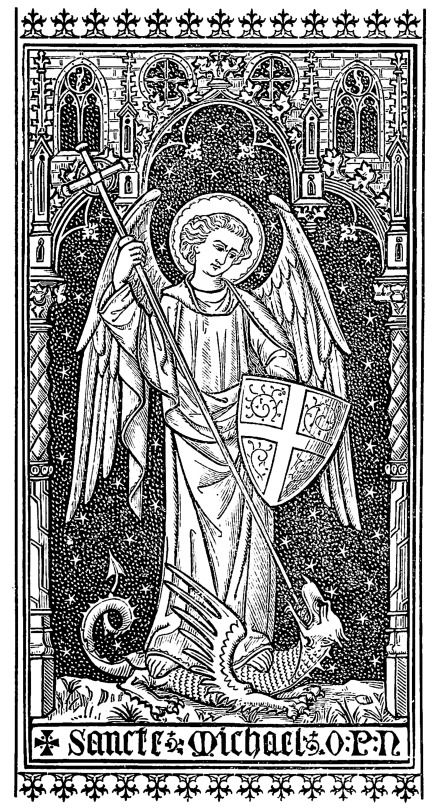
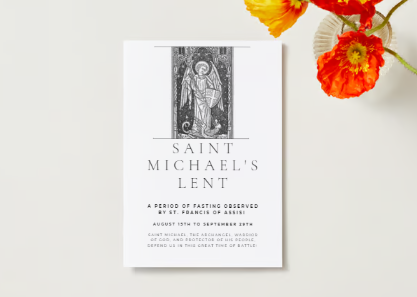



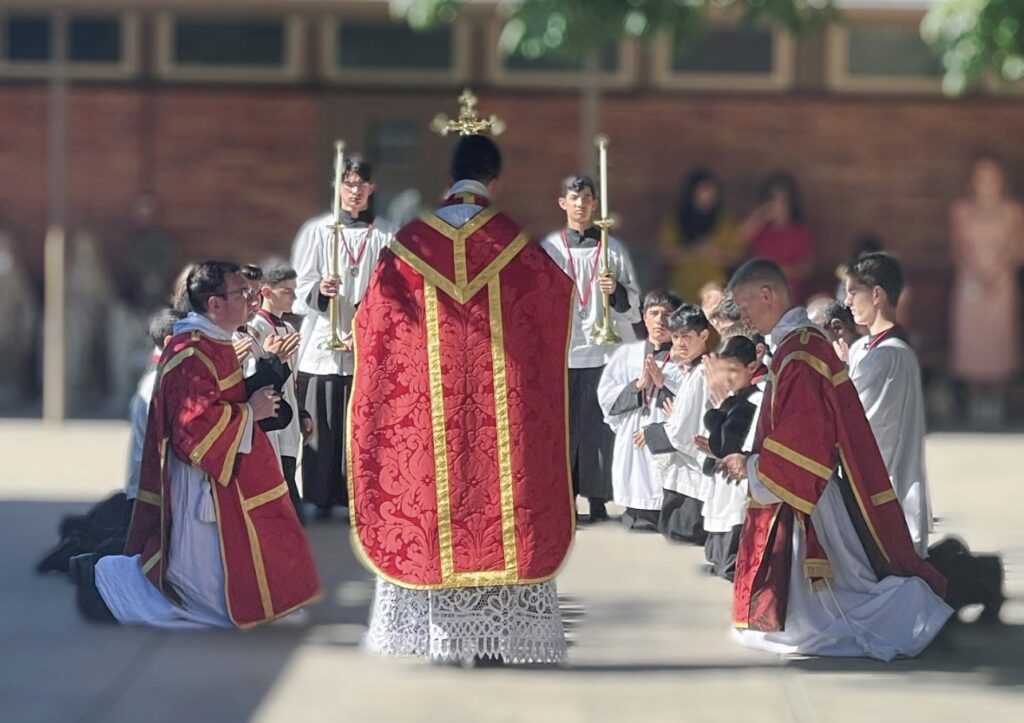
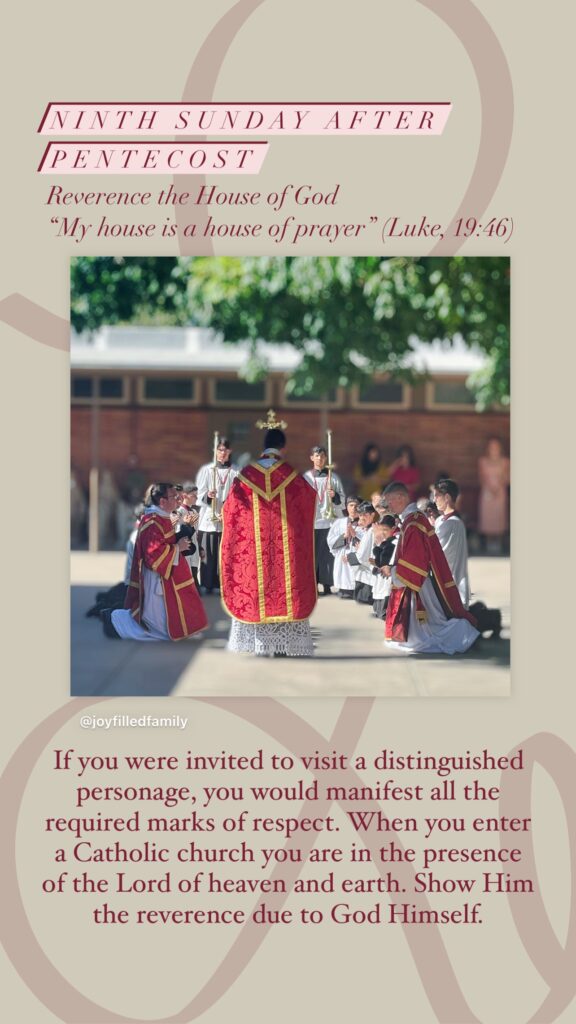
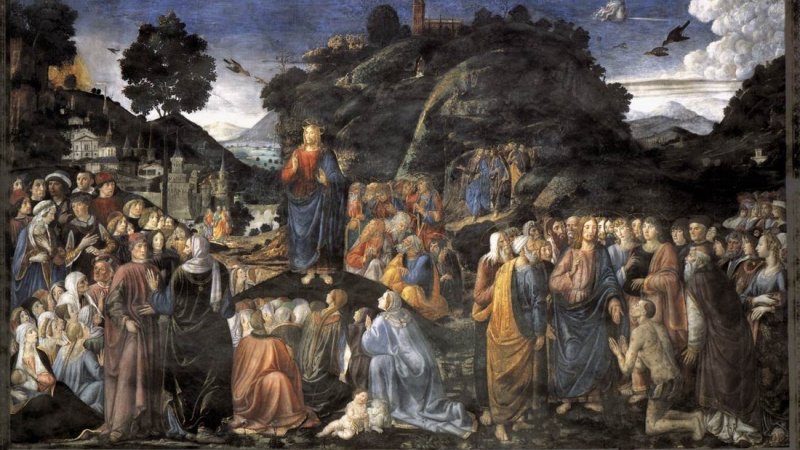

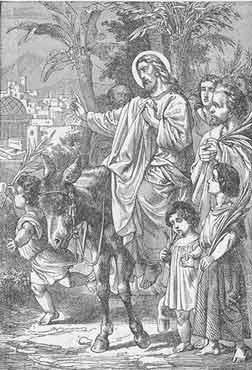 GOSPEL (Luke XIX. 41-47.) At that time, when Jesus drew near Jerusalem, seeing the city, he wept over it, saying: If thou also hadst known, and that in this thy day, the things that are to thy peace: but now they are hidden from thy eyes. For the days shall come upon thee, and thy enemies shall cast a trench about thee, and compass thee round, and straiten thee on every side, and beat thee flat to the ground, and thy children who are in thee: and they shall not leave in thee a stone upon a stone, because thou hast not known the time of thy visitation. And entering into the temple, he began to cast out them that sold therein, and them that bought, saying to them: It is written, My house is the house of, prayer, but you have made it a den of thieves. And he was teaching daily in the temple.
GOSPEL (Luke XIX. 41-47.) At that time, when Jesus drew near Jerusalem, seeing the city, he wept over it, saying: If thou also hadst known, and that in this thy day, the things that are to thy peace: but now they are hidden from thy eyes. For the days shall come upon thee, and thy enemies shall cast a trench about thee, and compass thee round, and straiten thee on every side, and beat thee flat to the ground, and thy children who are in thee: and they shall not leave in thee a stone upon a stone, because thou hast not known the time of thy visitation. And entering into the temple, he began to cast out them that sold therein, and them that bought, saying to them: It is written, My house is the house of, prayer, but you have made it a den of thieves. And he was teaching daily in the temple.